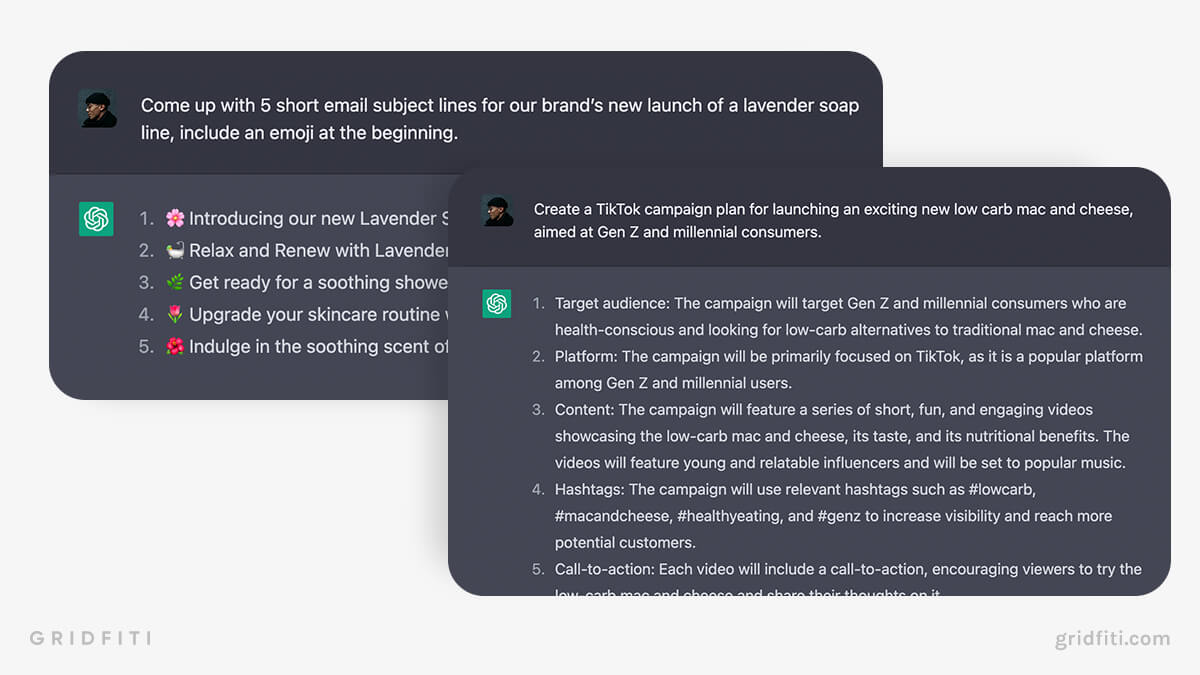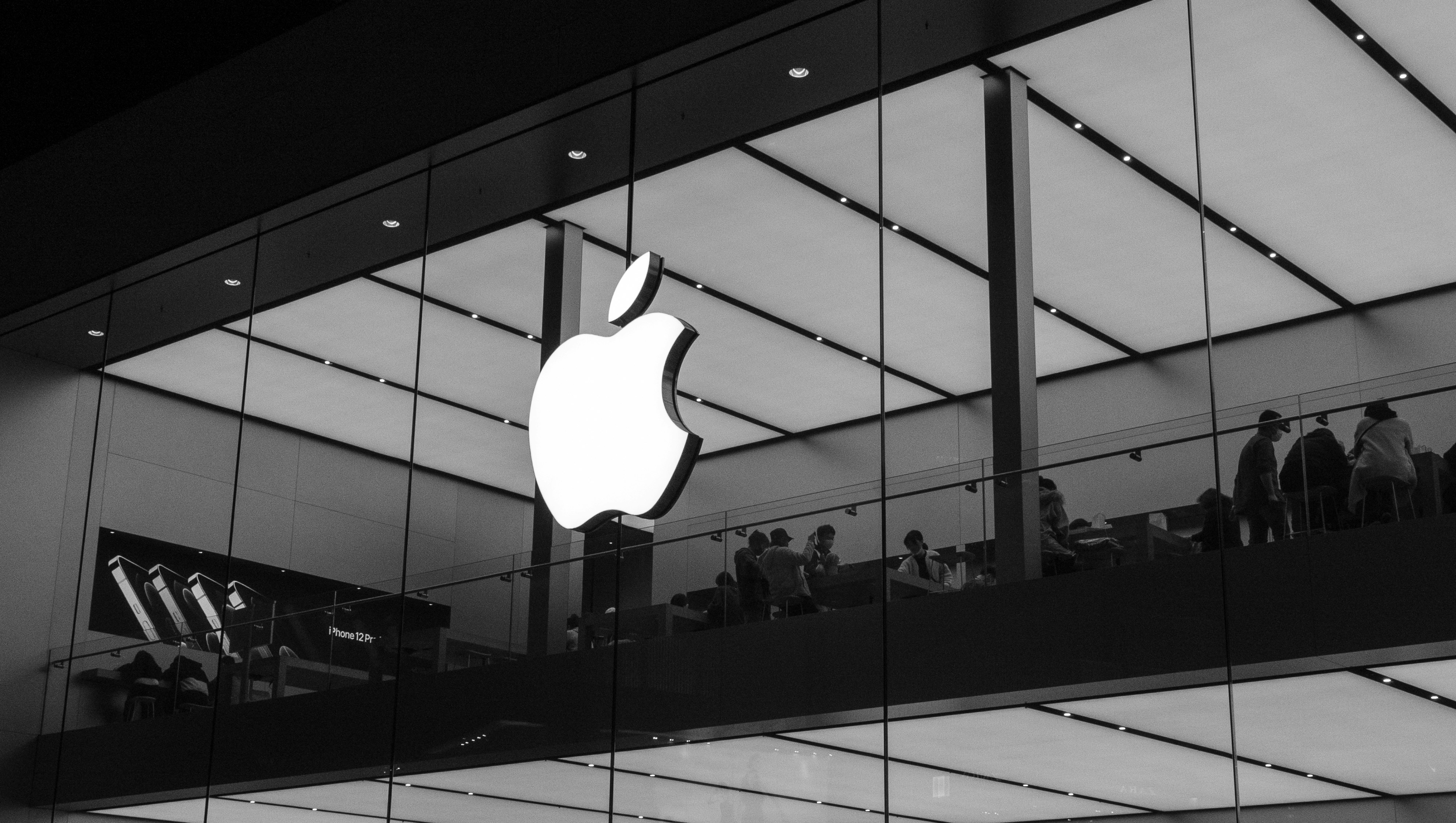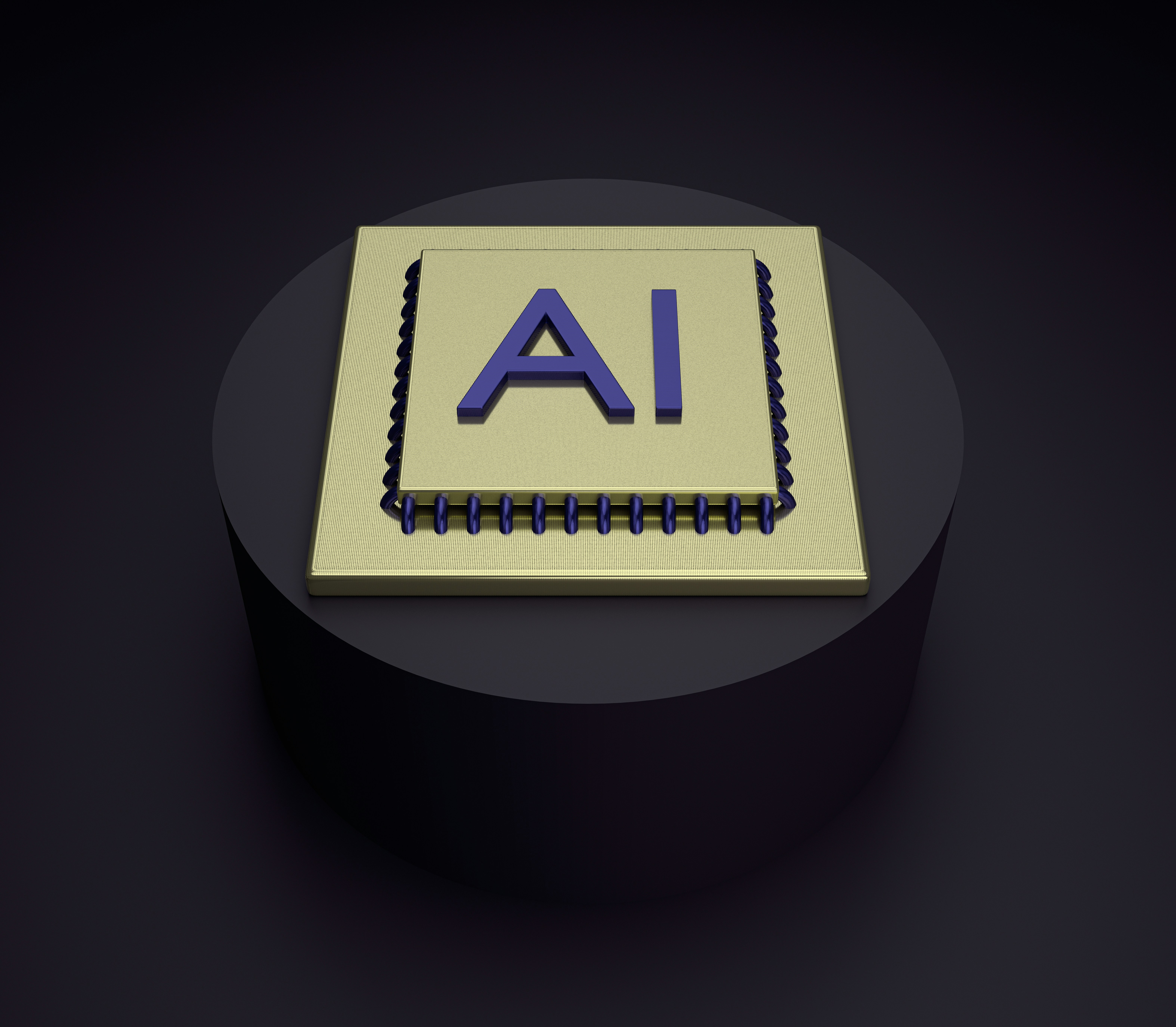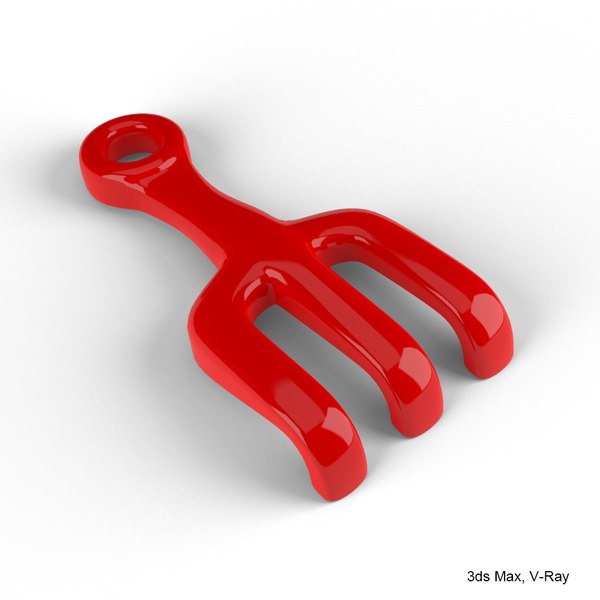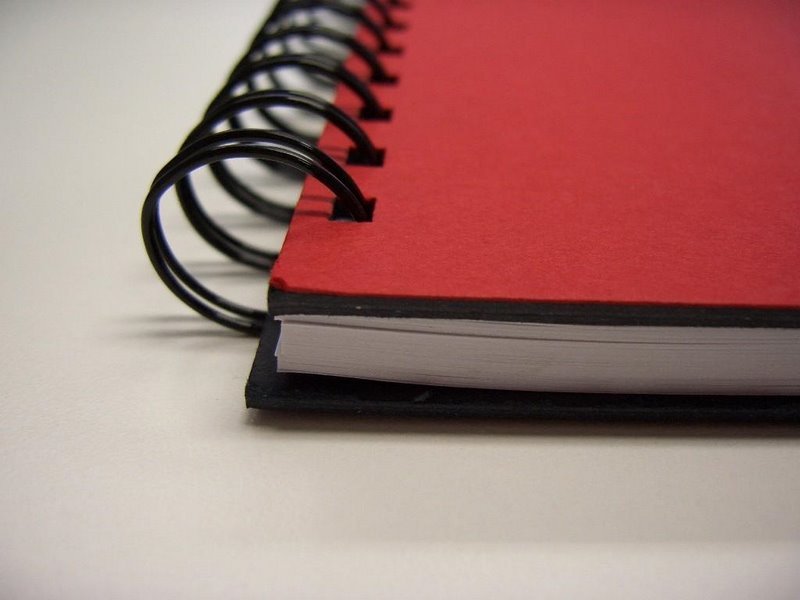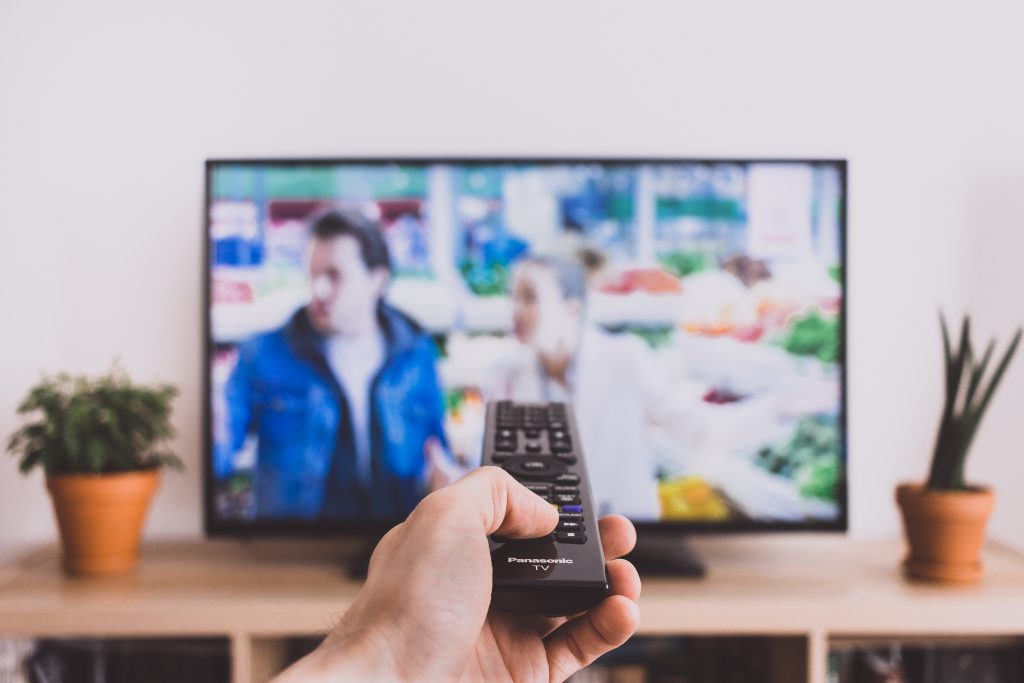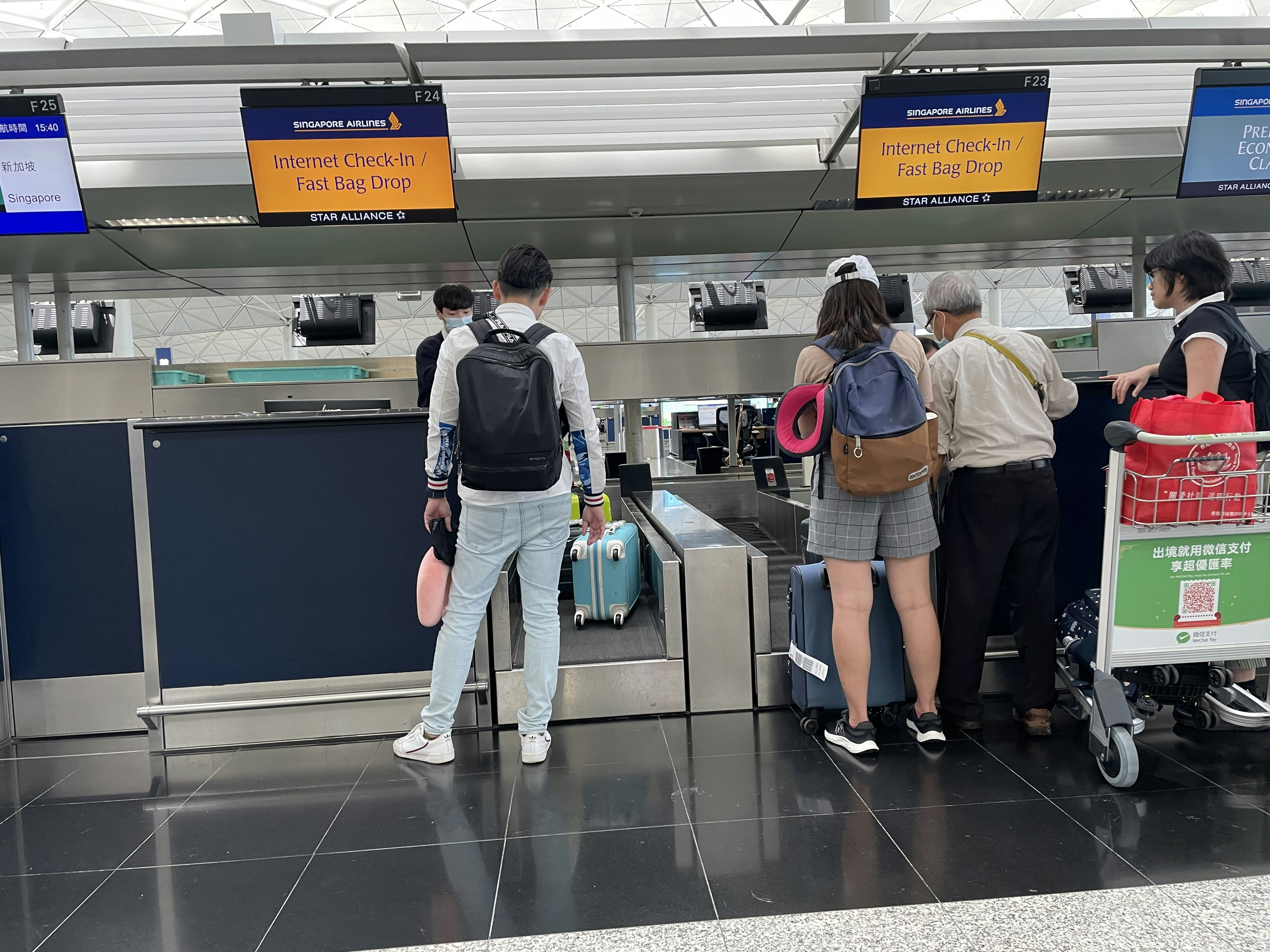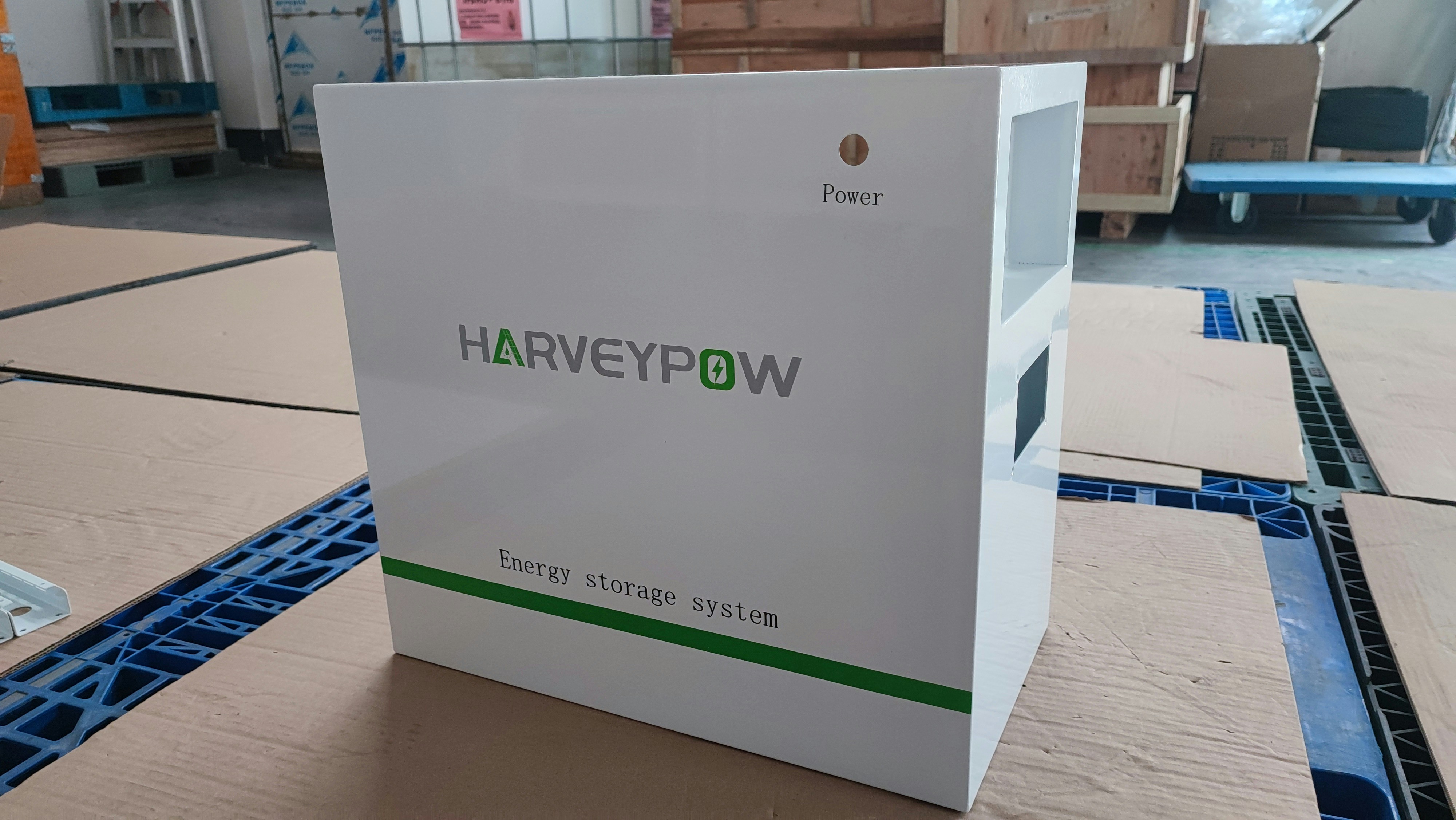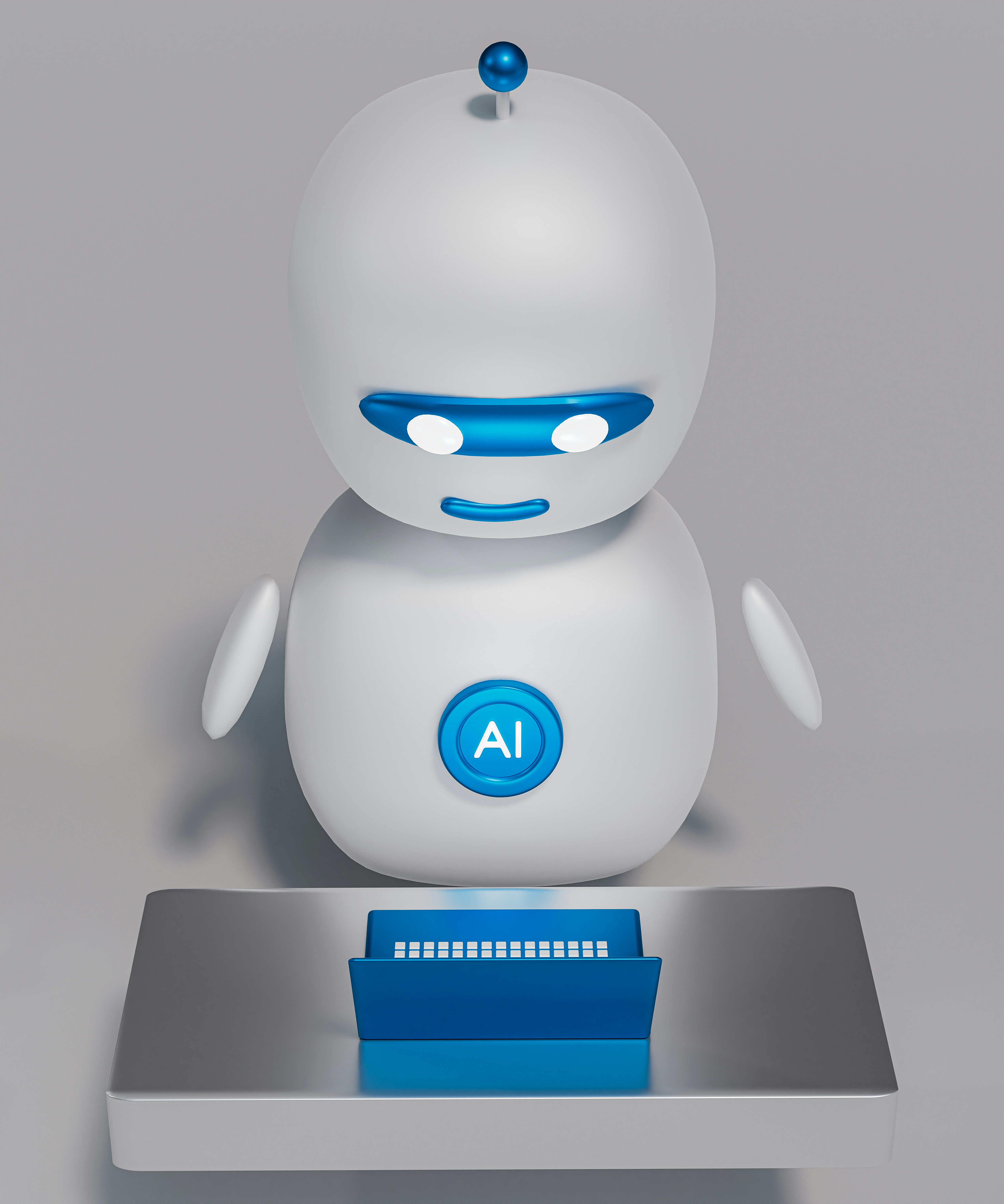
Theo of Golden: A Novel
$14.98 (as of February 1, 2026 11:19 GMT +00:00 - More infoProduct prices and availability are accurate as of the date/time indicated and are subject to change. Any price and availability information displayed on [relevant Amazon Site(s), as applicable] at the time of purchase will apply to the purchase of this product.)The Correspondent: A Novel
$25.18 (as of February 1, 2026 11:19 GMT +00:00 - More infoProduct prices and availability are accurate as of the date/time indicated and are subject to change. Any price and availability information displayed on [relevant Amazon Site(s), as applicable] at the time of purchase will apply to the purchase of this product.)Introduction to AI and Its Functionality
Artificial Intelligence (AI) has become an integral part of our daily lives, powering various technologies from virtual assistants to autonomous vehicles. One common question that arises is: does AI get tired? Unlike humans, AI operates through algorithms and data processing, leading to a different set of limitations and capabilities.
Energy and Processing: The Heart of AI Operations
To understand if AI gets tired, it is essential to consider how it functions. AI systems require substantial electrical power and computing resources to perform tasks efficiently. These systems do not experience fatigue like humans do; however, they can experience slowdowns if overloaded with tasks or if there’s insufficient processing power. In this sense, while AI does not get tired, its performance can be impacted by external factors.
Limitations in AI Performance
While AI does not tire, it does have limitations. Factors such as hardware capabilities, software efficiency, and the quality of input data can affect the overall performance. When faced with complex or extensive datasets, an AI system may slow down, resembling a state of fatigue, as it struggles to process the information in a timely manner. Hence, it is crucial to ensure adequate resources and optimization to maintain peak performance.
Conclusion
In conclusion, AI does not experience tiredness in the human sense. However, its efficiency can be hindered by computational limits and workload. Understanding these aspects can lead to better management and implementation of AI systems across various applications. By recognizing the operational capabilities and constraints of AI, we can harness its power more effectively.









